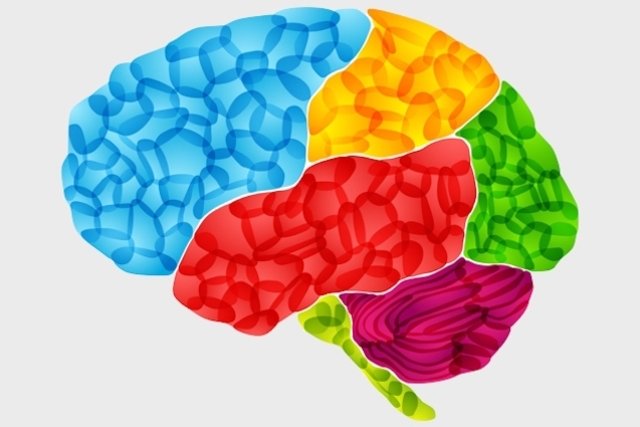Alzheimer’s is a type of dementia that, although there is still no cure, can be delayed with the use of medicines such as Rivastigmine, Galantamine or Donepezil, along with stimulating therapies, such as occupational therapy.
This type of Alzheimer’s treatment prevents the worsening of brain complications and improves the person’s quality of life.
Alzheimer’s is characterized by the progressive loss of most abilities, including memory loss, difficulty with language and thinking, as well as changes in gait and balance, which make the person unable to take care of themselves. See more about Alzheimer’s symptoms.

New treatments that could cure Alzheimer’s
Currently, a treatment that appears to be very promising for improving and even curing Alzheimer’s is deep brain stimulation surgery, which is a therapy carried out through the implantation of a small neurostimulating electrode in the brain, and can cause the disease to be reduced. stabilized and symptoms regress. This type of therapy is already being done in Brazil, but it is still very expensive and is not available in all neurology centers.
Other scientific research indicates that the use of stem cells may represent a cure for Alzheimer’s. Researchers have taken embryonic cells from the umbilical cord of newborn babies and implanted them in the brains of rats with Alzheimer’s and the results have been positive, but the technique still needs to be tested in humans to ensure the effectiveness and safety of the treatment.
Stem cells are a group of cells that can transform into different differentiated cell types, including neurons, and the hope is that when implanted in the brains of these patients, they will combat the excess beta-amyloid protein in the brain, representing a cure. of Alzheimer’s.
Existing forms of treatment
Treatment for Alzheimer’s disease includes the use of anticholinesterase medications, such as Donepezil, Galantamine or Memantine, which improve brain function and are recommended by a geriatrician or neurologist.
In addition to these medications, the patient may need to take anxiolytics, antipsychotics or antidepressants, to alleviate symptoms such as agitation, depressive feelings and difficulty sleeping.
The patient may also need to undergo physiotherapy, occupational therapy, maintain a diet appropriate to their nutritional and swallowing capacity, in addition to maintaining activities that stimulate the brain and memory through games, reading or writing, for example. Learn more about Alzheimer’s treatment.
Natural treatment for Alzheimer’s
Natural treatment only complements drug treatment and includes:
- Add cinnamon to your mealsas it inhibits the accumulation of toxins in the brain;
- Eating foods rich in acetylcholine, as they have the function of improving memory capacity, which is affected in this disease. Discover some foods at: Foods rich in acetylcholine;
- Have a diet rich in antioxidantssuch as vitamin C, vitamin E, omega 3 and complex B, present in citrus fruits, whole grains, seeds and fish.
Additionally, you can prepare some juices with antioxidant foods such as apple, grape or goji berry juice, for example.

Apple juice for Alzheimer’s disease
Apple juice is an excellent home remedy to prevent and complement Alzheimer’s treatment. Apples, in addition to being a delicious and very popular fruit, help increase acetylcholine levels in the brain, which combats brain degeneration caused by the disease.
Ingredients
- 4 apples;
- 1 liter of water.
Preparation mode
Cut the apples in half, remove all the seeds and add them to the blender along with the water. After blending well, sweeten to taste and drink immediately, before the juice turns dark.
It is recommended to drink at least 2 glasses of this juice every day, to improve memory and overall brain function.

Sign up for our newsletter and stay up to date with exclusive news
that can transform your routine!
Warning: Undefined array key "title" in /home/storelat/public_html/wp-content/plugins/link-whisper-premium/templates/frontend/related-posts.php on line 12
Warning: Undefined array key "title_tag" in /home/storelat/public_html/wp-content/plugins/link-whisper-premium/templates/frontend/related-posts.php on line 13




